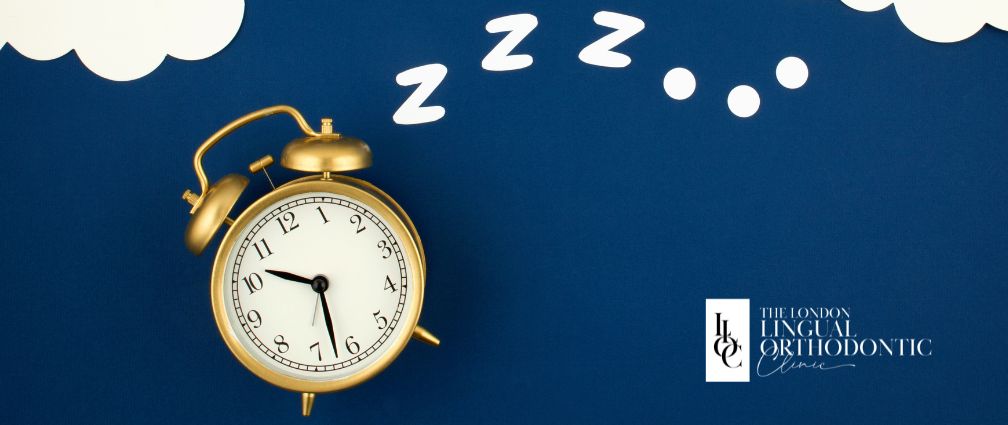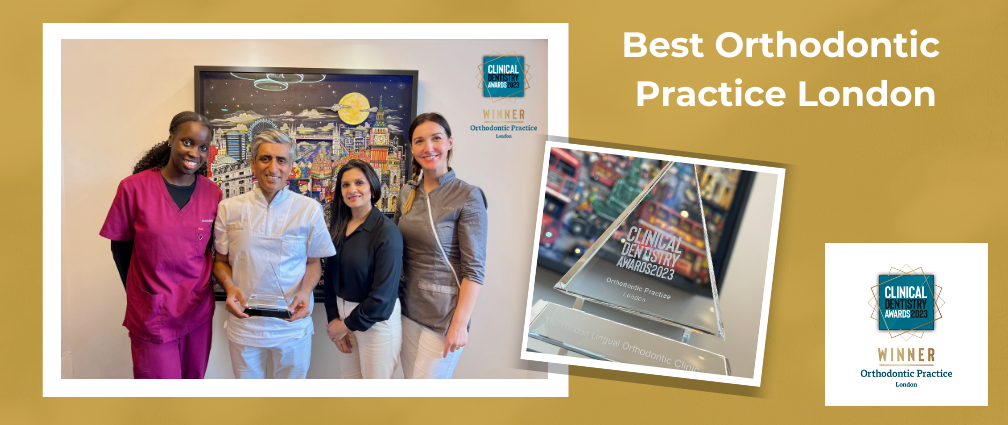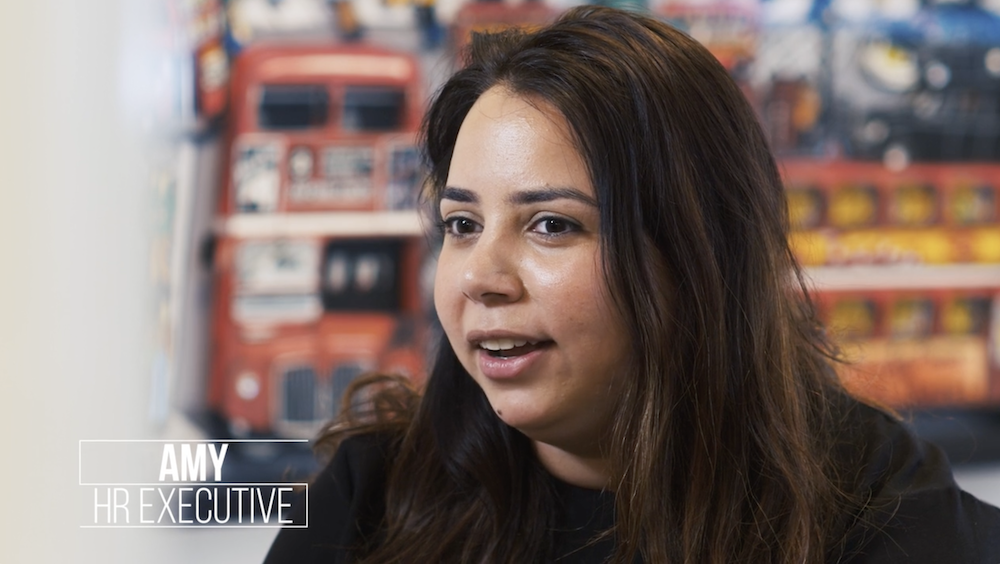How do you know whether to consult a dentist? Usually if the patient has experienced some tension in the jaw joint. It is not always easy to identify the source of a headache, of course, but at my clinic we try and eliminate the jaw joint as a problem before we begin treatment planning.
Among the questions new patients are asked on our medical history form is if they suffer from headaches or a clicky jaw. The reason for this is that we would not want to start orthodontic treatment and potentially exacerbate an existing problem. What happens next? We try and get a diagnosis so that we understand the cause of the headache and whether it is right to proceed with teeth-straightening.
Around 3% of our patients have headaches and we work with dentists to relieve the symptoms. Some patients have jaw issues and no pain but those who are in pain and do not have a good bite will have to wait a bit longer for orthodontics while we get to the bottom of the problem. There are various approaches but the experienced dentists we recommend will attempt to find the least disruptive and most therapeutic.
The most common treatment is a splint, a mouthguard type of device which is created especially for that patient. The dentist gets the patient’s jaws into the ideal meeting place, takes a bite registration and then creates the splint which will maintain this position.
This has the effect of relieving the tension in the jaw as well as improving the bite. Very often, the headaches are the results of the muscles in the jaw being in spasm and the splint removes that stress.
When I explain the approach to patients I compare it to a broken ankle. To help the ankle and relieve pain you use crutches. A splint is the mouth’s equivalent to crutches. Once the symptoms are relieved, orthodontics can begin and will continue the good work that has been achieved, guiding the teeth into new positions which will improve the smile and also make the bite more functional.
To return to my original question, dentistry can indeed extend beyond the mouth and impact on your well-being in a variety of ways. If you have persistent headaches which are troubling you, keep an open mind. Speak to both your doctor and dentist and always choose to be treated by someone you trust who puts your interests first













